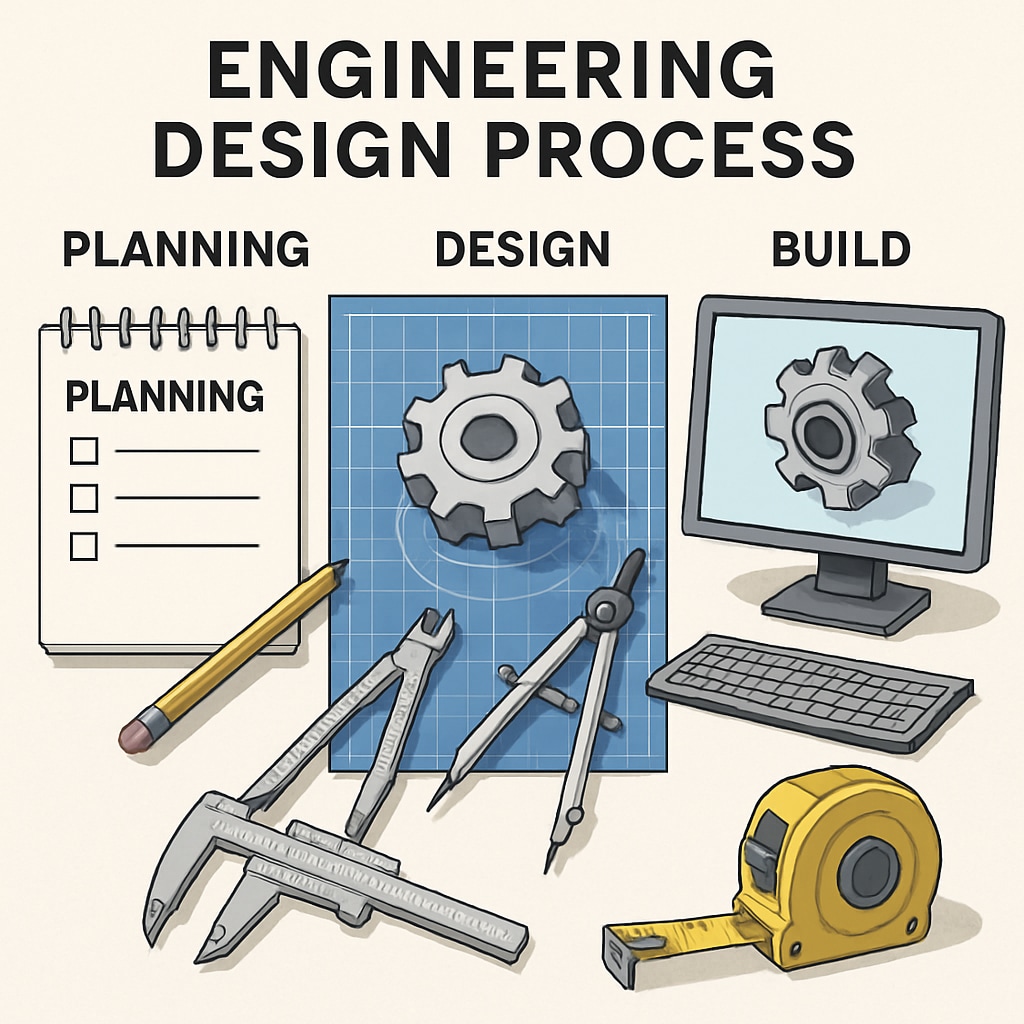The choices made during the K12 stage play a pivotal role in shaping future career paths. For students interested in pursuing a career in design engineering, selecting the right educational trajectory can significantly influence their opportunities down the line. Advanced degrees like MEng (Master of Engineering) and MSc (Master of Science) offer distinct benefits depending on personal goals and career aspirations. This article examines how educational planning in K12, combined with understanding degree options, impacts professional development in design engineering.

Understanding Design Engineering Degree Options
When considering higher education in design engineering, two primary degree paths stand out: MEng and MSc. While both degrees focus on engineering principles, they differ in structure, purpose, and career outcomes. The MEng often emphasizes practical, professional skills tailored to industry applications, while the MSc is research-oriented and suited for academic or specialized technical careers.
For example, an MEng graduate might work on real-world projects as part of a product development team, while an MSc holder may pursue roles in research institutions or continue toward a Ph.D. This distinction highlights the importance of aligning degree choice with long-term career goals.
Planning for Design Engineering Careers During K12
Early preparation is key for students aspiring to succeed in design engineering. During the K12 years, students can focus on STEM (Science, Technology, Engineering, and Mathematics) subjects to build foundational skills. Mathematics, physics, and computer science are particularly important for understanding engineering concepts. Furthermore, participating in extracurricular activities like robotics clubs or coding competitions can provide hands-on experience.
Here are steps K12 students can take to prepare for design engineering degrees:
- Enroll in advanced STEM courses, such as AP Physics or Calculus.
- Develop technical skills through programs like CAD (Computer-Aided Design) software training.
- Explore internships or summer camps focused on engineering and technology.
- Engage in collaborative projects to build teamwork and problem-solving abilities.

MEng vs. MSc: Making the Choice
Choosing between MEng and MSc depends largely on personal interests and career objectives. Students who prefer hands-on work in industries such as automotive, aerospace, or manufacturing may find the MEng degree more suitable. It typically includes internships or industry placements, offering practical experience and networking opportunities. Conversely, if a student is passionate about theoretical research or aims to work in academia, an MSc might be the better option.
For a deeper understanding of these degrees, visit external resources like Master of Engineering on Wikipedia or Master of Science on Britannica.
Long-Term Career Impacts of Educational Choices
Educational decisions made during K12 and higher education can have lasting effects on career trajectories. Professionals with MEng degrees often find opportunities in leadership roles within engineering firms, while MSc graduates may advance into specialized research or academic positions. In addition, the choice of degree can influence earning potential, job stability, and career growth.
Therefore, aligning educational paths with career aspirations ensures students are well-equipped to achieve their goals. Parents, educators, and counselors can play a vital role in guiding students through this decision-making process.
In conclusion, planning for a career in design engineering begins well before university. By understanding the distinctions between degrees like MEng and MSc, and by taking proactive steps during K12, students can position themselves for success in both education and their future professions. Careful consideration of personal interests and career goals ensures that the chosen path leads to fulfillment and achievement.


